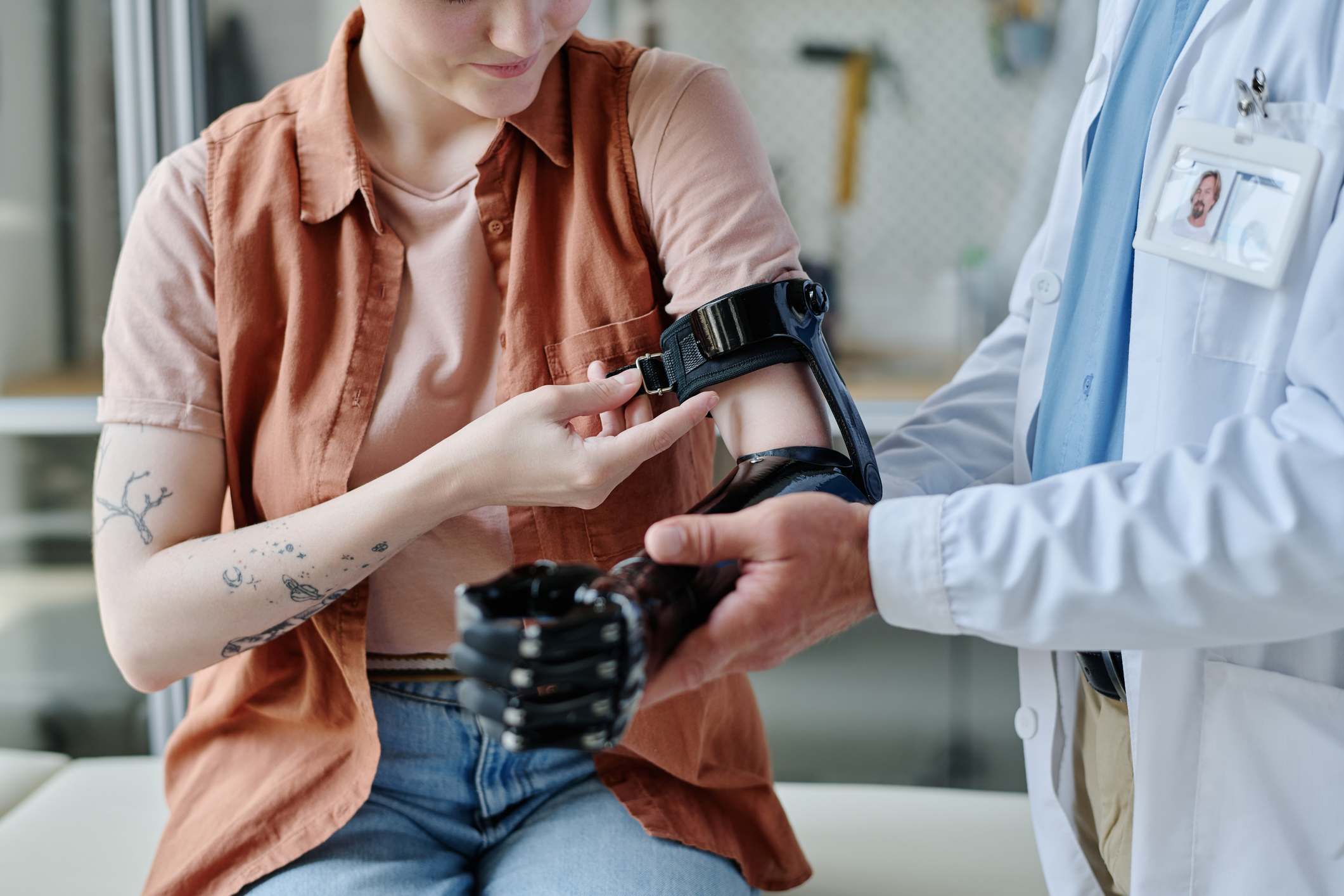The integration of wireless technology into medical devices is revolutionizing healthcare, enabling remote monitoring, advanced diagnostics, and more personalized treatments. However, this connectivity introduces the critical need to guarantee patient safety from potential radiofrequency (RF) energy exposure. This is where Specific Absorption Rate (SAR) testing becomes indispensable.
The Indispensable Role of SAR Testing in Medical Devices
Specific Absorption Rate (SAR) is the standard measure for quantifying the rate at which the human body absorbs energy from radiofrequency electromagnetic fields. SAR values are carefully regulated worldwide to prevent harmful levels of RF exposure.
Why Rigorous SAR Testing is Non-Negotiable for Medical Devices
Unlike everyday consumer electronics, many medical devices maintain direct or close contact with patients, sometimes for extended durations. This proximity underscores the importance of thorough evaluation to confirm that the RF energy emitted remains within safe limits and poses no health risks to individuals, who may be particularly vulnerable due to their medical conditions or treatments.
Here’s a clearer understanding of why SAR testing is a cornerstone of medical device safety:
- Prioritizing Patient Well-being: The primary objective is to shield patients from any potential adverse effects of excessive RF exposure, considering their potentially compromised health status.
- Meeting Stringent Regulatory Requirements: Global regulatory bodies mandate SAR testing as a crucial step in the market approval process for medical devices, demonstrating adherence to established safety benchmarks.
- Proactive Risk Management: Identifying and mitigating potential RF exposure risks early in the device lifecycle is essential. SAR testing provides critical data for designing inherently safer devices.
- Fostering Confidence: Transparently demonstrating a commitment to patient safety through comprehensive SAR testing builds trust among patients, healthcare professionals, and regulatory agencies.
Navigating the SAR Testing Process for Medical Devices
The SAR testing process for medical devices is a detailed and systematic evaluation that typically involves:
- In-depth Device Characterization: Thoroughly analyzing the device’s RF properties, including its operating frequencies, maximum power output, and antenna configurations.
- Comprehensive Data Analysis and Reporting: Rigorously analyzing the collected measurement data and compiling detailed reports that document the entire testing process, the obtained results, and a clear assessment of compliance with relevant SAR limits.
As medical device technology continues its rapid evolution, the commitment to patient safety remains paramount. Ongoing advancements in SAR testing methodologies, coupled with clear and adaptive regulatory frameworks, will be crucial in enabling the safe and effective integration of wireless capabilities in healthcare. By prioritizing thorough and scientifically sound SAR testing, the medical device industry can continue to push the boundaries of innovation while upholding the highest standards of patient well-being.
In essence, SAR testing for medical devices is more than just a regulatory hurdle; it is a fundamental ethical and scientific imperative for ensuring the safety and efficacy of these increasingly vital tools in modern healthcare. By fully understanding and diligently applying SAR testing principles, we pave the way for technological progress that is both groundbreaking and, above all, safe for patients.
SAR Testing Medical Devices
SAR testing labs like RF Exposure Lab play a pivotal role in helping manufacturers navigate the complexities of emerging standards in wireless technology and nerve stimulation testing. With advancements like 5G and 6G introducing new regulatory challenges, we can provide invaluable guidance on ensuring devices comply with updated protocols and safety requirements.
RF Exposure Lab can help you determine which type of testing is necessary for your products, whether that’s Nerve Stimulation, Power Density, or SAR testing. We offer testing services for a variety of wireless devices including wireless modems, laptops, tablets, cell phones, medical products, and much more. If you’re looking for wireless device testing help provided with speed, accuracy, expertise, and integrity, contact us to get a quote or learn more about our services.
